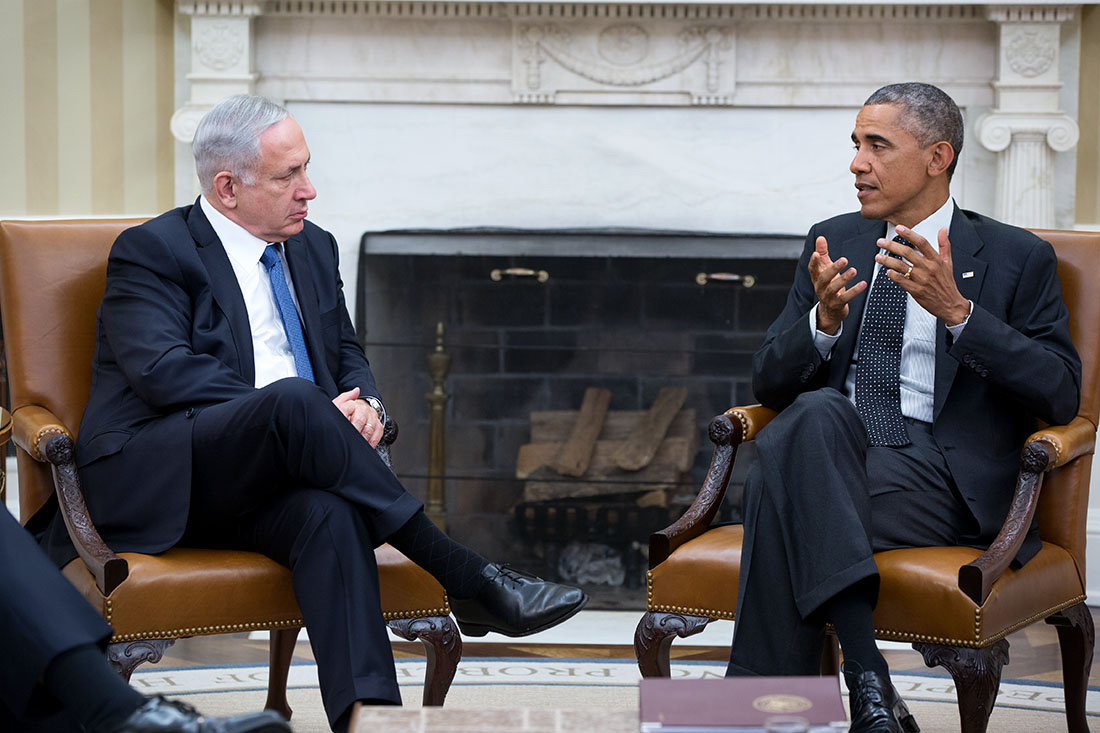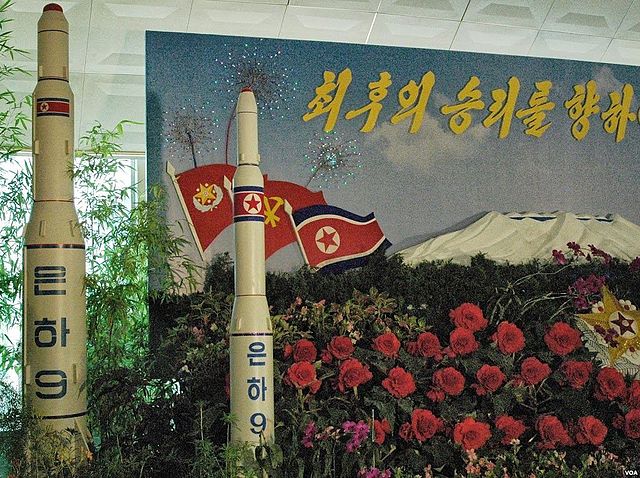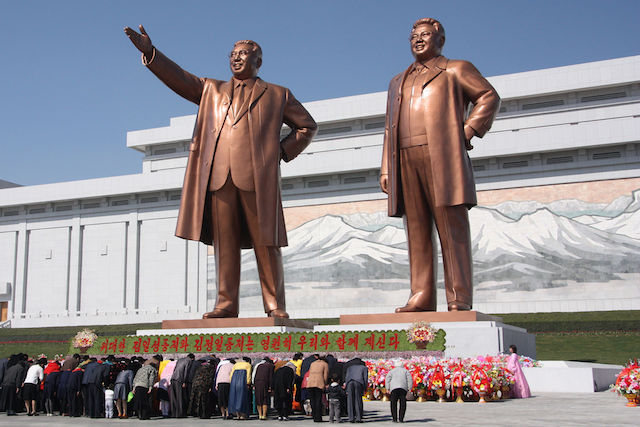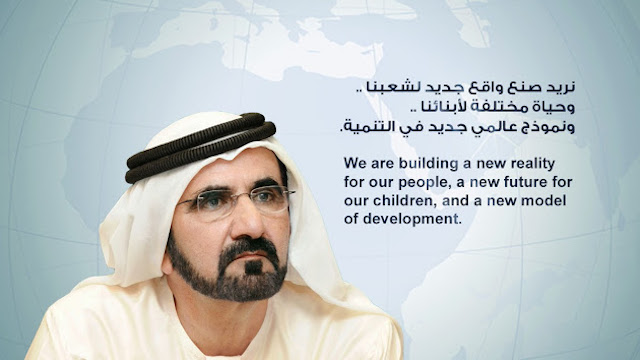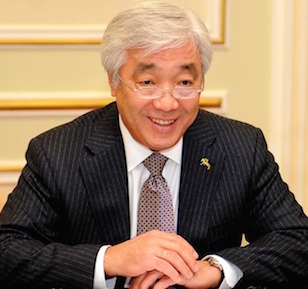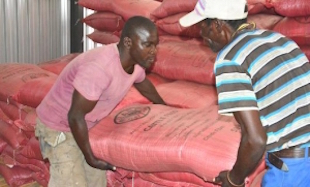By James Taylor Ranney* | IDN-InDepthNews Viewpoint
WILMINGTON, USA (IDN) – For some time now, the movement for abolition of nuclear weapons has been proceeding on the assumption that we can secure an abolition treaty without fundamentally altering global security arrangements. Understandably, very little if any attention has been focused upon the much larger issue of abolishing war. But it may turn out that we cannot abolish nuclear weapons without abolishing war.
Nothing logically requires this. But as a practical matter, the two things may be inextricably linked. For one thing, the Russians will demand, if not general and complete disarmament, at least serious reductions in conventional forces. And once we agree to that, we are halfway to a new security system – international alternative dispute resolution.
One of the people who recognized this is Mikhail Gorbachev, who said this in an interview: “We will never be able to solve the nuclear question unless at the same time we develop a system of international organizations…and effective systems of regional security….[T]he international organization should have certain decision-making powers and mechanisms for enforcement.” Jonathan Schell, The Gift of Time: The Case for Abolishing Nuclear Weapons Now, at 165 (1998).

